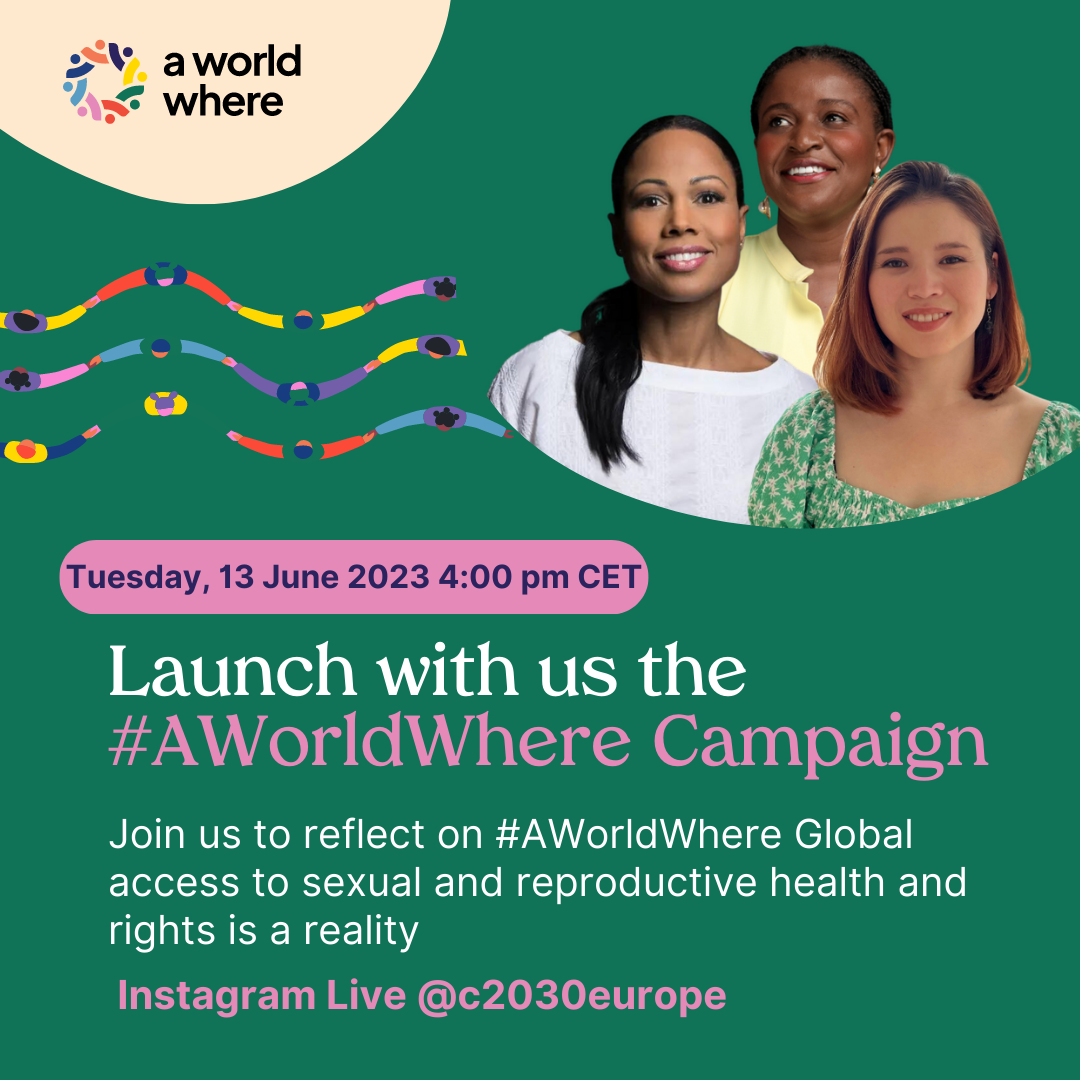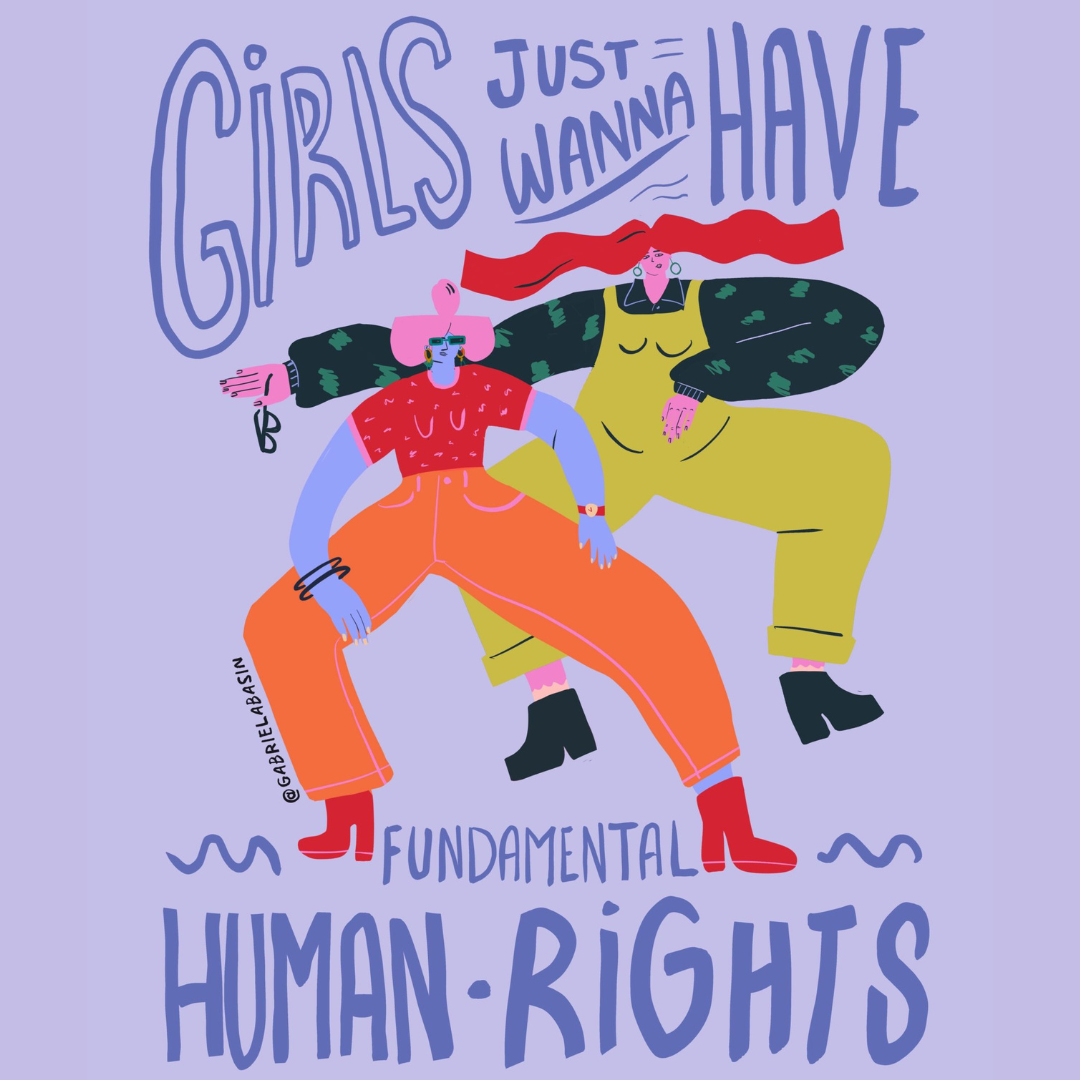Every year, celebrations take place around the world to mark World Contraception Day on September 26. Launched back in 2007, the day’s mission is to increase awareness of modern contraception and every individual’s right to choose if, when, and how many children to have.
While there have been significant advancements in access and technology in recent decades that have expanded individuals’ ability to make decisions about their own sexual and reproductive health, there is still some way to go.
The COVID-19 pandemic has caused disruption to supplies and access to contraceptive services, with young people particularly affected. This World Contraception Day, together with our partners IPPF EN, we’re celebrating young people, from Malawi to Jamaica, and Uganda to Mali who are supporting their peers to make informed choices about their sexual and reproductive health.
Kondwani, 22, Youth Action Movement, Family Planning Association Malawi

Photo © IPPF/Tommy Trenchard
“Most of them have come here for condoms, but I don’t just give them out. I ask them how do you use a condom? How is it useful to somebody who is using it?”
In Chigude, a rural village in Malawi, Kondwani and her fellow volunteers provide sexual and reproductive healthcare aimed at youth. The volunteers are committed to sharing knowledge with their peers and meet regularly, reaching out to young people in schools, universities, and on social media.
More about Kondwani’s work here.
Abdoulaye Camara, Head of the Youth Action Movement Dance Troupe, Bamako, Mali

Photo © IPPF/Xaume Olleros
“We distract them with dance and humor and then we transmit those important messages about sex without offending them. We show them that it’s not to insult them or show them up, but just to explain how these things happen.”
Abdoulaye is head of the dance troupe of the Youth Action Movement, belonging to the Association Malienne pour la Protection et la Promotion de la Famille (AMPPF), which uses dance and comedy sketches to talk about sex, delivering messages about everything from using condoms to warning against taking counterfeit antibiotics, to an audience who can sometimes be confused and ashamed about such topics.
Lucy Melvin, 22, Link Empowerment Initiative in Githurai, Nairobi, Kenya

“I feel like a lot of things have changed since the beginning of the pandemic. First, many of the activities we used to do at the youth centre have stopped. Access to sexual and reproductive health (SRH) services and information has also reduced, and because of that, many young people, – especially girls – are getting pregnant because nobody is there to guide and talk to them about family planning and the use of contraceptives.”
Lucy is a member of the Link Empowerment Initiative and is involved in activities that aim to educate young people with information on sexual and reproductive health and rights and family planning, reaching out to many people in the community with the right information, and also equipping them with skills that they can use to make their life better.
Assinah, 24, Peer educator, Uganda

Photos: © Rutgers/Esther Ruth Mbabazi
“The young people in the community have responded well to my work. They always ask me a lot of questions. Of course, some intend to challenge me, while others simply want to make sure they can trust the information. Through the distribution of condoms, I can really help prevent HIV among the young people in my community. It also makes me feel responsible. With the information I have given them I play my part in their life and the decisions they make.”
Growing up, Assinah saw the impact HIV had on her grandmother. This personal experience drove Assinah to help others by educating her local community on the importance of sexual and reproductive health by becoming a peer educator.
More about Assinah’s story here.
Candice, 18, Youth Advocacy Movement, Jamaica Family Planning Association

Photo © IPPF/Ryan Riley
“I’ve seen teenagers get pregnant and it’s based off them never knowing routes they could take to prevent pregnancies. I figured I could play a role by learning it for myself, applying it to myself as well as talk to those around me to somewhat enlighten them about sexual health and rights. I just wanted to be able to learn for myself and pass on the knowledge.”
Candice uses her knowledge and involvement with YAM to educate her peers about their sexual health and rights with the hope that they make informed choices if they choose to engage in sex.
More about Candice’s work here.
John Jessy, 22, DSW – Action4Health Uganda Youth Champion, Uganda

“Providing young people with accurate information, so that they can make informed decisions is really important. Also, the development of youth corners – spaces where young people can access health services, including sexual and reproductive health services – in health facilities has proven to be an effective way of ensuring young people seek out services.”
More about John Jessy’s work here.
Recent UNFPA data has revealed that nearly 12 million women lost access to contraception due to disruptions caused by the pandemic, leading to 1.4 million unintended pregnancies. In light of this, findings from the 2021 Donors Delivering for SRHR report, co-published annually by DSW and the European Parliamentary Forum for Sexual and Reproductive Rights are a cause for concern. The report shows worrying funding trends predating the pandemic, with ODA disbursements to SRHR from OECD DAC donor countries in 2019 over $1billion less than in 2018.
As the sobering new realities we face as a result of the COVID-19 pandemic are unfolding atop of existing needs, donors – now more than ever – must step up, and work together to bridge the funding gap to deliver equitable and enduring gains for all. Recent moves by the European Union to recognise the importance of sexual and reproductive health and rights (SRHR) as part of their new Gender Action Plan (GAP III) has been an important step forward. Now it is vital that the EU takes concrete steps to turn commitments into increased disbursements and support the delivery of SRHR services for young people in vulnerable situations across the world.
Find more of the Countdown2030 Europe’s recommendations here.



